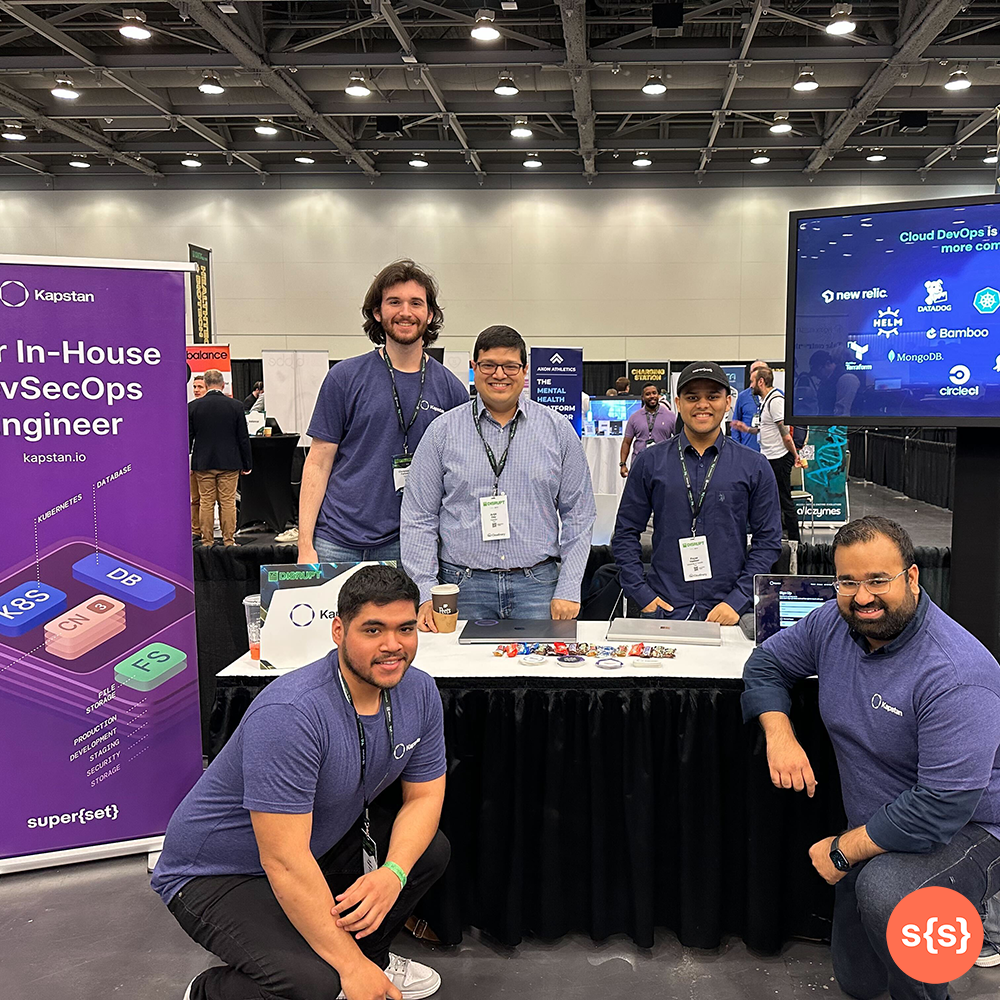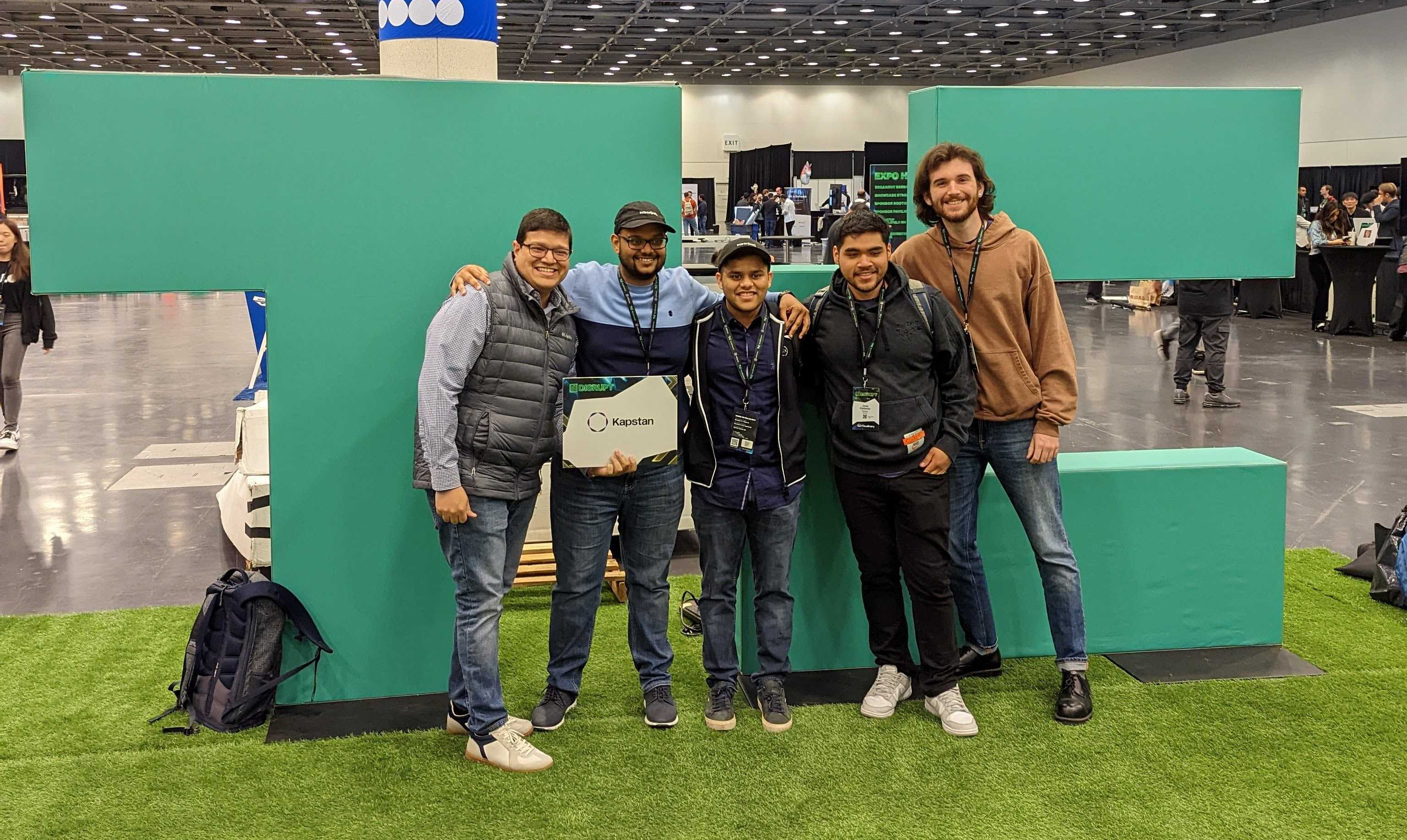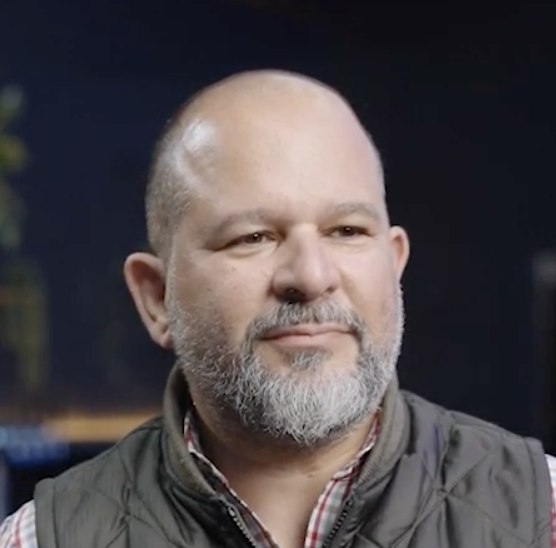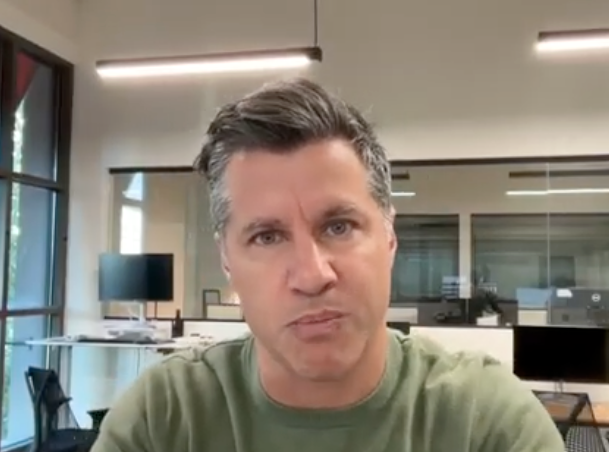
7 Ways to Turn an Internship Into a Job at a Startup
7 Ways to Turn an Internship Into a Job at a Startup
I went to college in the era of COVID – this changed a lot of things about the college experience I had long imagined for myself. One significant alteration? I graduated from college with no in-office internship experience to speak of. It was a panicked time and I cast a wide net to find a post-grad internship that I hoped would either turn into a full time role or make me a more attractive candidate as an entry-level hire elsewhere.
Luckily for me, my wide net landed on Kapstan, a super{set} company, and after a successful interview, I quickly got to work. After only a few weeks - including helping launch the company at Tech Crunch Disrupt - I was certain that I wanted to turn my internship into a full-time role. Here are some of the ways I ultimately achieved that.
1. Be open-minded.
After I graduated, I was blind applying and leaning on every connection I had to try and find an opportunity. That’s how I got the original interview with Kapstan. While I was thrilled to land an internship with them, I wasn’t really sure that this was the space I wanted to be in. I’m glad I kept an open mind. When you’re in college or fresh out, most people haven’t been exposed enough to really know what’s out there or what’s right for them.
At the same time, our culture puts a lot of pressure on people to know exactly what they want to do right out of the gate. By definition, a start-up is doing something disruptive or new – it’s hard to know ahead of time exactly what you’re getting into. Joining an early stage startup means being comfortable with exploring the unknowns. If I had stuck to too-tight criteria instead of just looking for an internship where I could learn and grow, I would’ve missed out not just on a great internship but on finding out what my passions were and jump-starting my career accordingly.
2. Realize that you’re trying out the company as much as the company is trying out you.
An internship is an opportunity to learn new skills, yes – but it’s also an opportunity to learn about the culture and spirit of a company. At Kapstan, I found a place where I was immediately valued and included. Not only did I enjoy the work itself, I enjoyed the way we approached it and the people I was problem-solving alongside. A big part of that is Kapstan and super{set}’s cultural values of passion, growth, grit, collaboration and integrity. I didn’t fully understand the benefits of these values going in but I felt them in everything I did. From my very first day I felt respected; it was an environment where I could aggressively take on challenges and see failures as a necessary iteration rather than a shortcoming. The team celebrated each other's victories and came together to problem-solve challenges.
I have a lot of peers who did not have the same experience in their own internships elsewhere. Turning an internship into a job is great – if that’s what you want. It’s also just as valuable to learn through an internship that a potential employer is not a good fit – if you discover that early on, try to come at your internship from a different angle. What skills can I learn here and transfer to something different? What people here can I build relationships with who might be willing to help me find a better fit in the long run?
3. Think about the skills you already have – and put them to work for the company.
College might not teach you everything that comes up in an internship or a job but, if you’re lucky, it gives you the research skills to figure out how to navigate everything that comes up yourself. As a recent college grad, I was a master researcher and I put this to use not just to better understand the tech I was being asked to work on but also to do extensive research for the team. Turns out, this is a huge part of being a software engineer in 2023.
Early on, my boss told me that one thing he highly valued was that when he had an idea, he felt like he could trust me to do the background research and present it to him and the team. One thing nobody tells you is that the biggest way you can bring value in an internship is to make other people’s lives easier. I didn’t need to have hyper-specialized knowledge or always have the right answer on hand in order to do that.

4. Find the value in soft skills.
You might be a stupid talented engineer but you’ve missed the memo if you don’t also focus on building rapport. Your potential co-workers don’t just want to know that you can accomplish the tasks and solve the puzzles, they want to know that they’ll enjoy solving alongside you. Beyond showing that you’re a team player, building relationships is crucial whether you land a job at your internship or need help finding a job once your internship wraps up. One great thing about Kapstan is that we’re building within the startup studio at super{set} - alongside a diverse group of founders, engineers, and early stage employees known as “the Hive.” Remember that anybody at the company – no matter seniority or team – could be a valuable contact or just an interesting friend.
5. Prioritize early stage startups!
When it came to finding an internship, I also imagined I’d be working on small tasks and duties while the big things would be left to more important and accomplished people. Due to the early nature of Kapstan, it was all hands on deck. I was immediately pulled into the fold and tasked with real, impactful work. I felt like I was getting my fingerprints on the product and helping to shape what it could be. That’s what really sold me on turning my internship into a job – I didn’t have to imagine what it would be like to be an employee whose work was taken seriously. As an intern, I was pulled in and taken seriously on day one. There is no replacement for that type of roll-up-your-sleeves experience and I think early stage startups are uniquely suited to offering that.
6. Own your corner.
Whether you’re a VP or an intern, you’re the captain of your corner. As an intern, that corner might be smaller but showing you can lead a project – or a portion of a project – with enthusiasm and attention to detail is crucial. If you’re given a task, you’re less excited about – you still have to give it just as much attention. You’re not going to love every assignment you get as a FTE, it’s okay to not love every assignment you get as an intern but it’s not okay to give it any less attention or rigor.
7. Find a mentor.
Part of finding a mentor is luck, the other part is determination. Exercising your soft skills, owning your corner and making work easier for those around you will all put you well on your way to finding a mentor. Once you’ve done all of that, see if anybody starts surfacing as a natural and enthusiastic fit. I was lucky enough that my internship manager quickly became my mentor. If that’s not the case for you, don’t be afraid to let people know that you’re looking for mentorship. Just make sure you’ve worked hard and proven your worth of being a mentee first.
I get asked a lot how I successfully made the transition from intern to FTE. As you can see, I didn’t come at it with some elaborate plan. It was mostly about approaching the internship with the right attitude. I walked in on day one committed to working hard, building community, having an open mind and finding every way possible to be a value-add. It’s amazing how far those things can get you.
Check out open roles at super{set} companies at careers.superset.com
Tech, startups & the big picture
Subscribe for sharp takes on innovation, markets, and the forces shaping our future.
Let's keep in touch
We're heads down building & growing. Learn what's new and our latest updates.


